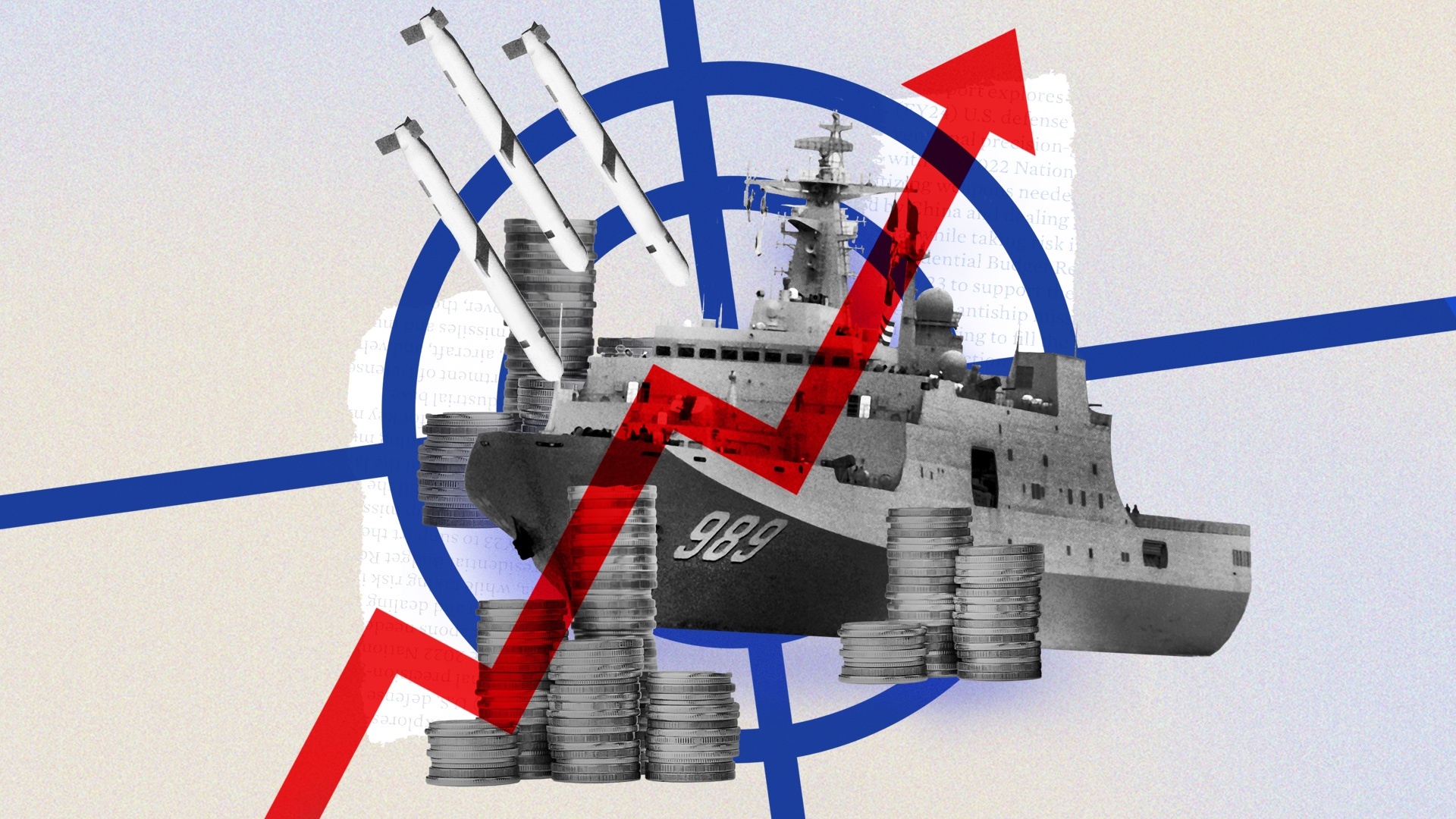CNAS takes a critical look at the current state of the US munitions stockpile and finds a number of improvements that could improve the volume and stability of the munitions supply chain. While the article itself is a good summary of the findings, the report it is based on is attached at the bottom of the article and is worth looking into as well. It goes into quite a bit more detail, breaking out the status of stockpiles and supply chains for various munitions, as well as comparing the status of those supplies to the goals laid out in NDS 2022.
Stacie Pettyjohn is a Senior Fellow and Director of the Defense Program at CNAS. Her areas of expertise include defense strategy, posture, force planning, the defense budget, and wargaming.
Ultimately, the state of the industrial base will make or break whether the United States can produce enough weapons to realize the NDS. The war in Ukraine has shed light on serious deficiencies in the United States’ ability to quickly surge production of key weapons. To bolster industry, the DoD is pursuing the multiyear procurement (MYP) and large lot procurement (LLP) programs for several key PGMs. These programs will yield cost savings, but their primary benefit is strategic. MYP and LLP will strengthen the industrial base, providing industry with the stability it needs to expand production capacity. A healthy missiles-and-munitions industrial base enables the United States to counter Russia and will be a powerful deterrent to China.
Despite the progress that the FY24 budget makes in realizing the NDS by filling in critical gaps in the PGM portfolio, there remain significant shortfalls in stockpile depth and in industrial capacity. The DoD’s inventory of key PGMs, especially standoff weapons, maritime strike PGMs, and air defense interceptors remains too small to blunt an initial invasion, let alone prevail in a protracted conflict against China. It will take years to rebuild American stocks to pre-2022 levels for some of the PGMs given to Ukraine. Moreover, there is a risk that these plans do not come to fruition because of service or congressional pushback against the MYP and LLP programs. More can and should be done to address these deficiencies.
For the DoD, the authors make the following recommendations:
Make key conventional PGMs a separate reporting category and create a process that ensures a joint perspective is taken on key PGMs in each budget cycle.
Continue to buy long-range weapons, but also develop more medium-range weapons for the pacing threat. The DoD must seek an affordable mix appropriate for different U.S. delivery platforms.
Continue to invest in maritime strike from all domains. The Air Force should follow through on projected buys of the Long-Range Anti-Ship Missile (LRASM) and Joint Strike Missile (JSM). The Army and Marine Corps should accelerate development and procurement of weapons such as the Maritime Strike Tomahawk (MST), the SM-6, and the long-range Land-Based Anti-Ship Missile (LBASM) that increase their ability to project power in the Pacific. Likewise, the Navy should continue to buy the Mk-48 heavyweight torpedo as well as SM-6 multirole missiles.
Continue to invest in an integrated and layered system of air defenses that includes a high-low mix that can be purchased in quantities sufficient to counter the Chinese threat. Specifically, the Army needs more of the affordable interceptors intended for air and cruise missile defense.
Embrace MYP for key conventional PGMs to provide a consistent demand signal to industry.
For Congress, the authors make the following recommendations:
Mandate that the DoD provides a report on key conventional PGM procurement annually and an assessment of its progress toward its stockpile requirements.
Continue to provide supplemental appropriations to support key weapons that will be needed for Ukraine and other allies and partners, which the NDS says are a center of gravity. Appropriate funds for the proposed MYP and LLP programs.
Consider making MYP for munitions a normal authority, expanding its use, and appropriating funds for these efforts.
Yep, the biggest chant I hear from Pro-RU is that the US and particularly Europe doesn’t have the stockpiles to keep up support, so all Russia has to do to win this is wait them out. Vastly upping production shatters this belief and disuades other countries from thinking they can sneak in a fast one too.
The West isn’t getting tired, we are ramping up and providing more lethal aid regularly.


